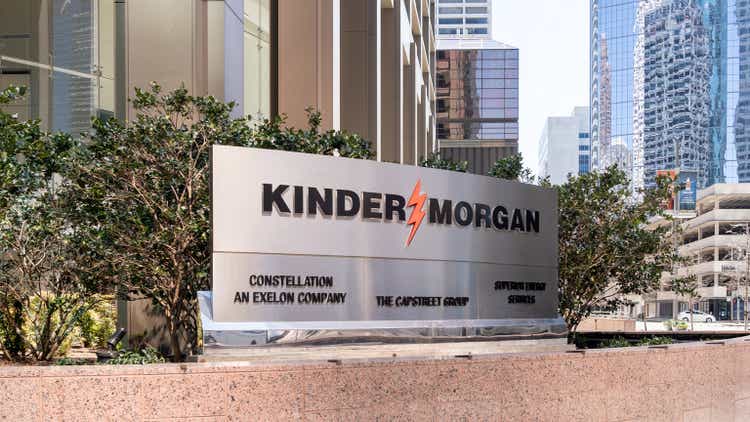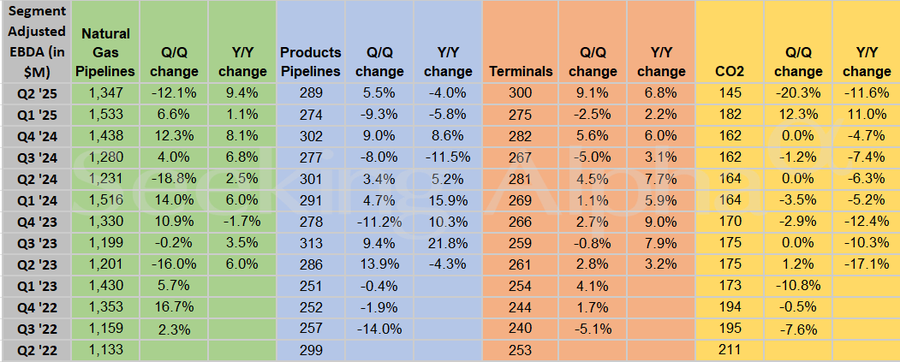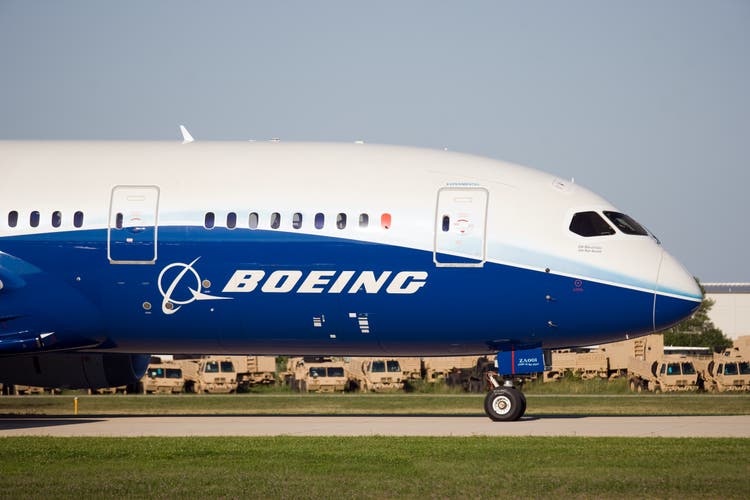Shares of ASML, the Dutch semiconductor equipment giant, tumbled 11% on Wednesday after the company announced it could no longer confirm that it will grow in 2026. The drop wiped out over $30 billion in market value and sent shockwaves through global tech markets, as investors digested the implications for the broader semiconductor and AI industries.
The selloff followed ASML’s second-quarter earnings report, which beat expectations on revenue and net profit, with robust bookings of $6.4 billion. However, CEO Christophe Fouquet’s comments overshadowed the strong results: “While we still prepare for growth in 2026, we cannot confirm it at this stage,” he said, citing escalating macroeconomic and geopolitical uncertainty, especially the threat of new tariffs on semiconductor equipment.
Smart money watches ASML for signals on the tech cycle’s health; a growth warning here may be the market’s early clue that the AI and semiconductor supercycle is reaching a plateau—or at least preparing for turbulence.
Why ASML’s outlook matters more than most
This isn’t just a company-specific event—it could be a canary in the coal mine for the global tech and AI ecosystem. Why? ASML is the world’s exclusive supplier of EUV lithography machines—the ultra-precise fabrication equipment that makes cutting-edge semiconductors possible. Every state-of-the-art AI accelerator, every data-center chip that powers generative AI, traces its technological lineage back to ASML’s tools.
So when ASML tells the market it “cannot confirm” growth for 2026—despite beating on current earnings—it’s signaling not just caution about its own pipeline, but a potential inflection point in the most future-critical segment of the electronics supply chain. In other words: if ASML’s order book slows, it means that downstream chipmakers may anticipate softer demand, have rising uncertainty about capex returns, or are bracing for policy headwinds.
The context matters: This is a moment when AI demand has been surging, but in 2025 it’s now colliding with macro uncertainty, particularly driven by U.S.-EU tariff threats, China export restrictions, and capex fatigue after a historic tech investment wave. ASML’s lead times are 12 to 18 months—with orders today reflecting confidence in global chip demand well into 2026. If that confidence is wavering, it ripples through the entire innovation economy.
ASML is not just another tech stock—it is the linchpin of the global semiconductor supply chain. The company is the world’s sole supplier of extreme ultraviolet (EUV) lithography machines, the critical technology that enables the production of the most advanced chips used in everything from AI accelerators to smartphones and data centers.
What’s behind the growth warning?
Several factors converged to cloud ASML’s outlook. One was tariff uncertainty. President Trump’s threat of 30% tariffs on European imports, including semiconductor equipment, has rattled ASML’s customers. The company warned that tariffs on new systems and parts shipped to the U.S., as well as possible retaliatory measures, could directly hit its gross margins and delay customer investment decisions.
Ongoing trade disputes and export controls, especially involving China and the U.S., have made it harder for ASML to forecast demand. Clients are increasingly cautious, with some potentially postponing or scaling back orders. While Q2 bookings were strong, Barclays analysts noted ASML would need to double its current order pace to meet previous 2026 growth forecasts. The backlog coverage for 2026 is at its lowest in three years, raising doubts about near-term momentum.
Market reaction
The market’s response was swift and severe as ASML shares fell 11%, their steepest single-day drop since October 2024, when a disappointing third-quarter earnings report led to the stock price falling 16%. Wednesday’s selloff dragged down the broader European tech sector and hit U.S. semiconductor equipment peers such as Lam Research and Applied Materials.
In contrast, AI chipmakers such as Nvidia and AMD rose, buoyed by positive news on U.S. export policy to China, highlighting a divergence between chip designers and the equipment supply chain.
This story was originally featured on Fortune.com

 6 hours ago
1
6 hours ago
1













 English (US) ·
English (US) ·